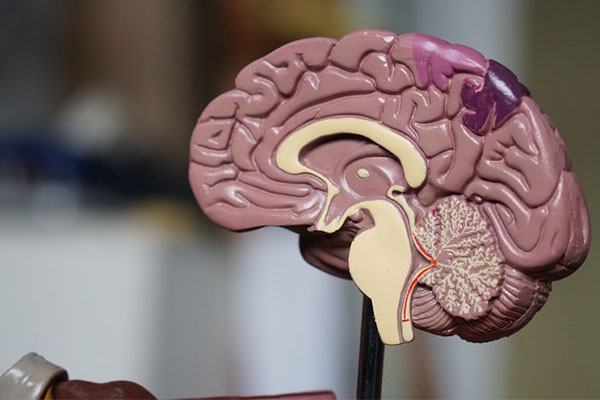
Brain injury claims offer an opportunity for an injured party to seek compensation for damages that a negligent party has caused. They can happen in different accidents like car accidents, medical malpractice cases, and workplace incidents. Because brain injuries have a complex nature, pursuing a personal injury claim requires strategic legal representation from a skilled Houston Personal Injury Lawyer.
Traumatic brain injuries (TBIs) result from a trauma or external force. They can be mild or life-threatening and have a profound effect on the victim’s emotional, physical, and cognitive functioning.
Common Kinds of Brain Injuries
A brain injury can manifest in different forms that have specific characteristics and possible effects.
- Concussions. These are a mild kind of TBI that usually arises from a forceful or violent blow to the head. Their symptoms include headaches, confusion, dizziness, and a temporary loss of consciousness.
- Contusion. This brain injury is a bruise on the surface of the brain that results from a direct hit to the head. It can lead to localized bleeding and swelling, possibly resulting in cognitive impairments and neurological deficits.
- Diffuse axonal injury. This is a more serious type of brain injury that develops if the nerve fibers of the brain are torn or stretched because of fast acceleration or deceleration forces. Such kind of injury usually results in widespread damage to the brain, possibly leading to a vegetative state or coma.
- Penetrating injuries. These injuries are quite serious characterized by the penetration of an object to the skull, entering the brain tissue. They can lead to significant damage and usually require surgical intervention to get rid of the object and repair the impacted areas.
How Brain Injuries are Diagnosed and Treated

Advanced imaging techniques like CT scans and MRI scans are used to diagnose brain injuries. These scans visualize bleeding, swelling, and structural abnormalities in the brain. To evaluate the seriousness of a brain injury and determine an appropriate treatment, a neurological exam is often conducted. Such exams assess cognitive function, reflexes, sensory function, and motor skills.
People who have brain injuries are usually closely monitored in ICUs to detect and deal with complications like increased intracranial pressure, neurological status changes, and seizures. Brain injury treatment may include medications to minimize swelling, manage pain, prevent seizures, and enhance cognitive function. Also, a patient may need to undergo physical therapy, speech therapy, and occupational therapy for optimal functional outcomes and recovery.
Filing a Brain Injury Claim
Brain injury claims usually arise from different incidents.
- Car accidents are the main cause of these injuries. The forces involved in rollover accidents, T-bone accidents, and rear-end collisions usually lead to head trauma, serious TBIs, and concussions.
- Slip and fall accidents. In industries such as construction, transportation, and manufacturing, accidents can lead to brain injuries. These injuries can occur due to falls from heights, machinery accidents, or being struck by a hard object. Employers should offer their workers a safe working environment. If an accident results in brain injuries, employers can face liability for their negligence.
- Medical malpractice. Medical procedure errors, anesthesia complications, and surgical mistakes can result in neurological deficits and brain damage. Medical experts may be held accountable for injuries that result from malpractice.
- Sports accidents. Contact sports such as soccer, boxing, and football carry inherent risks for head injuries. Equipment manufacturers, organizers, and coaches may be liable for head or brain injuries due to defective products or negligence.
- Assault and violence. Intentional acts of violence like domestic violence, shaken baby syndrome, and physical assault can lead to serious brain injuries. Civil lawsuits may be filed against perpetrators along with criminal charges for the harm they inflicted on their victims.
